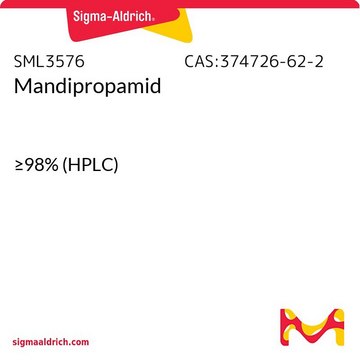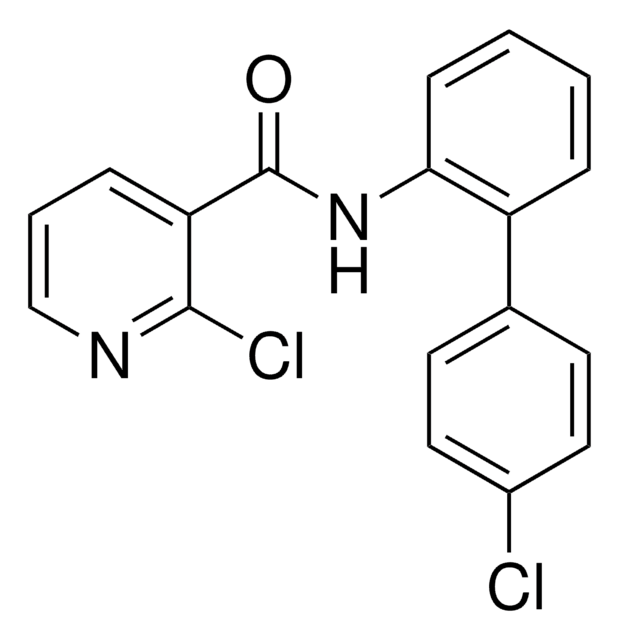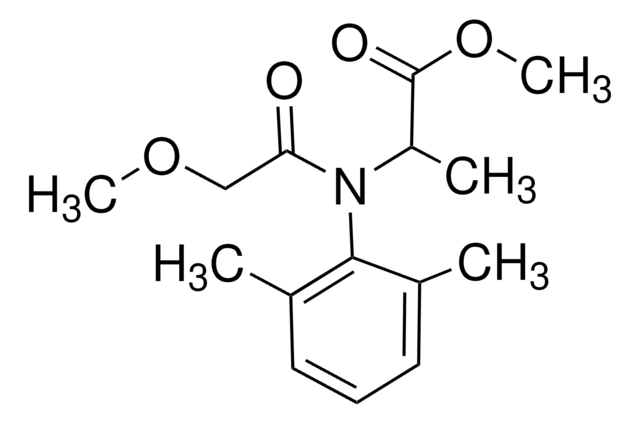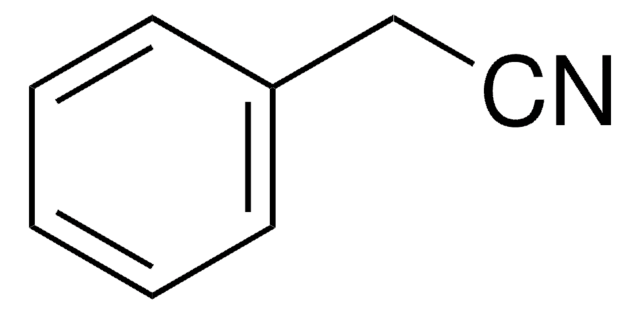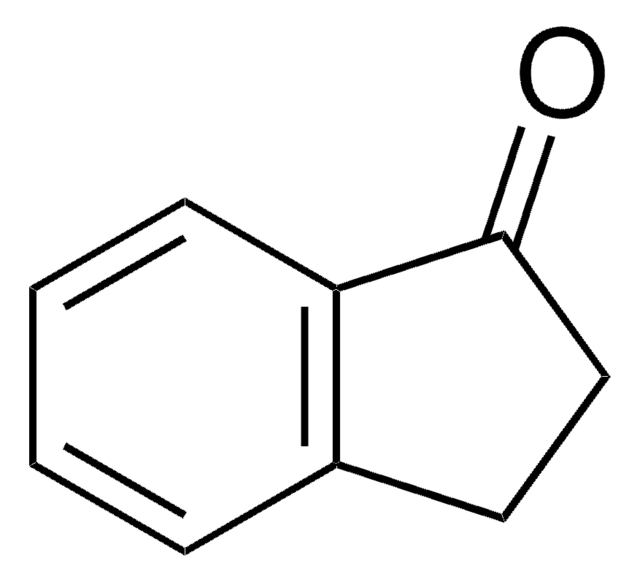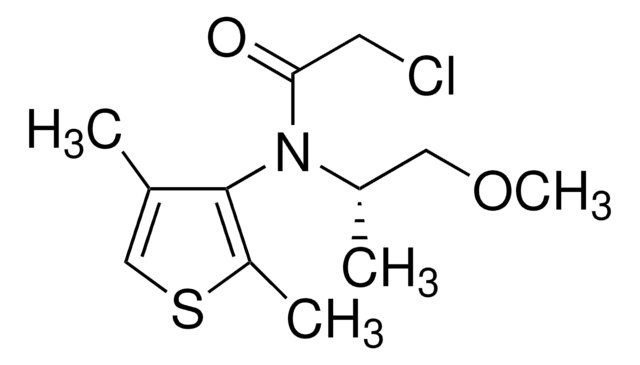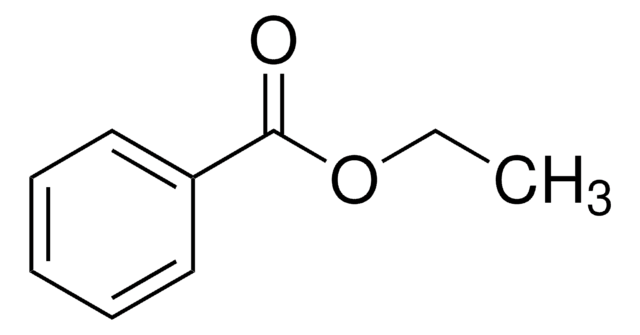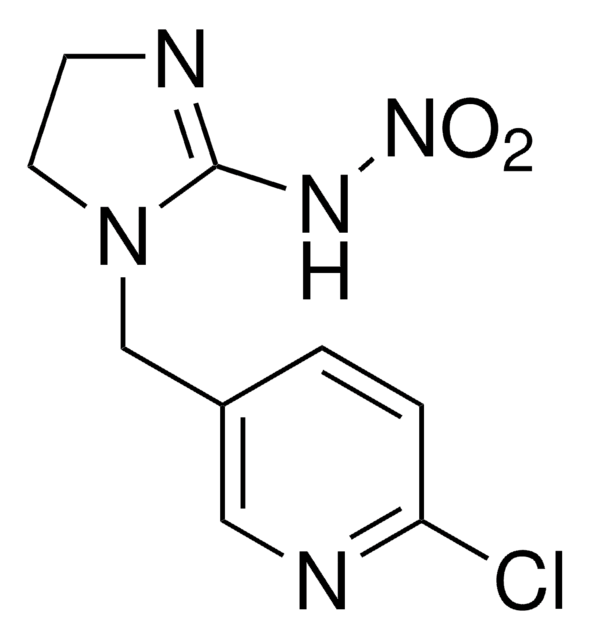32805
Mandipropamid
PESTANAL®, analytical standard
Synonym(s):
2-(4-Chlorophenyl)-N-[3-methoxy-4-(2-propynyloxy)phenethyl]-2-(2-propynyloxy)acetamide
About This Item
Recommended Products
grade
analytical standard
Quality Level
product line
PESTANAL®
shelf life
limited shelf life, expiry date on the label
technique(s)
HPLC: suitable
gas chromatography (GC): suitable
application(s)
agriculture
environmental
format
neat
SMILES string
ClC1=CC=C(C(OCC#C)C(NCCC2=CC=C(OCC#C)C(OC)=C2)=O)C=C1
InChI
1S/C23H22ClNO4/c1-4-14-28-20-11-6-17(16-21(20)27-3)12-13-25-23(26)22(29-15-5-2)18-7-9-19(24)10-8-18/h1-2,6-11,16,22H,12-15H2,3H3,(H,25,26)
InChI key
KWLVWJPJKJMCSH-UHFFFAOYSA-N
Looking for similar products? Visit Product Comparison Guide
General description
Application
Legal Information
Signal Word
Warning
Hazard Statements
Precautionary Statements
Hazard Classifications
Aquatic Acute 1 - Aquatic Chronic 1
Storage Class Code
11 - Combustible Solids
WGK
WGK 3
Flash Point(F)
Not applicable
Flash Point(C)
Not applicable
Personal Protective Equipment
Choose from one of the most recent versions:
Certificates of Analysis (COA)
Don't see the Right Version?
If you require a particular version, you can look up a specific certificate by the Lot or Batch number.
Already Own This Product?
Find documentation for the products that you have recently purchased in the Document Library.
Customers Also Viewed
Our team of scientists has experience in all areas of research including Life Science, Material Science, Chemical Synthesis, Chromatography, Analytical and many others.
Contact Technical Service